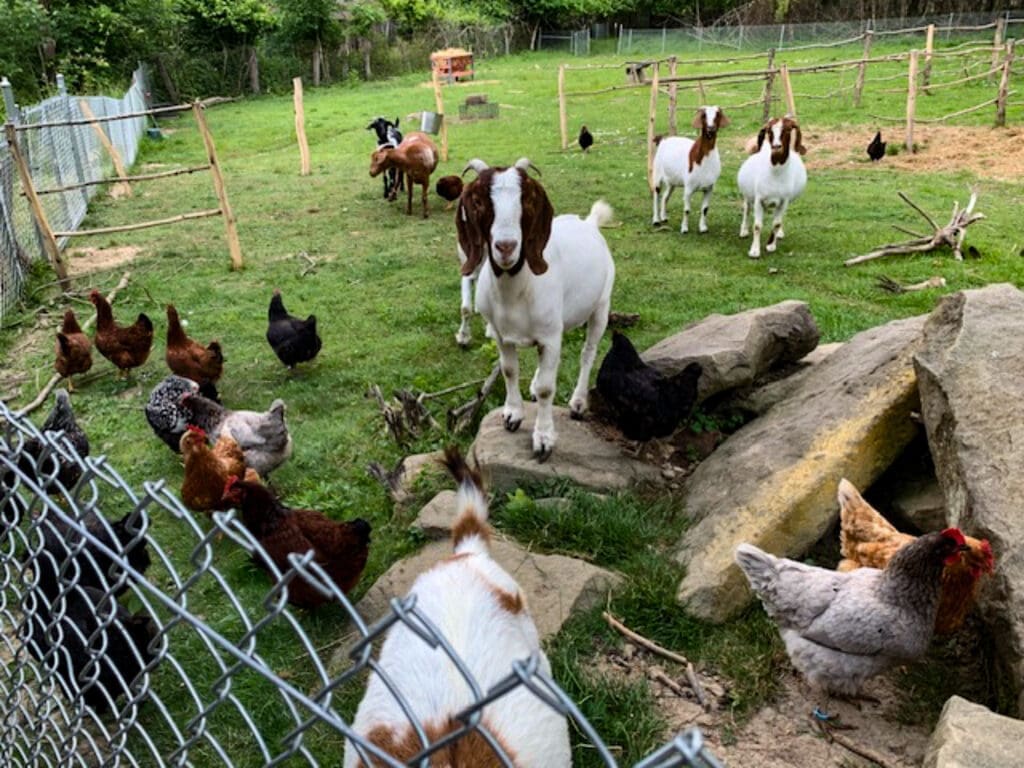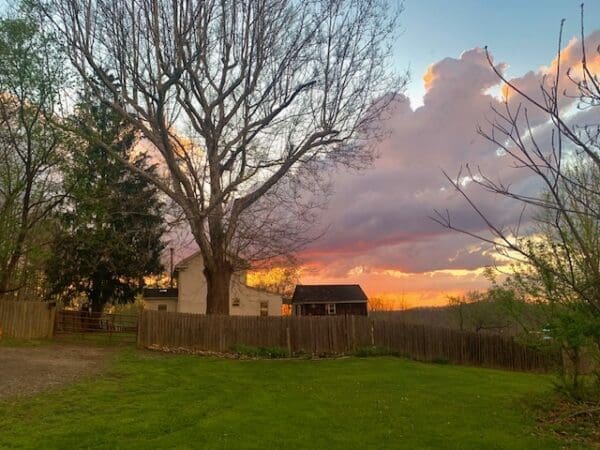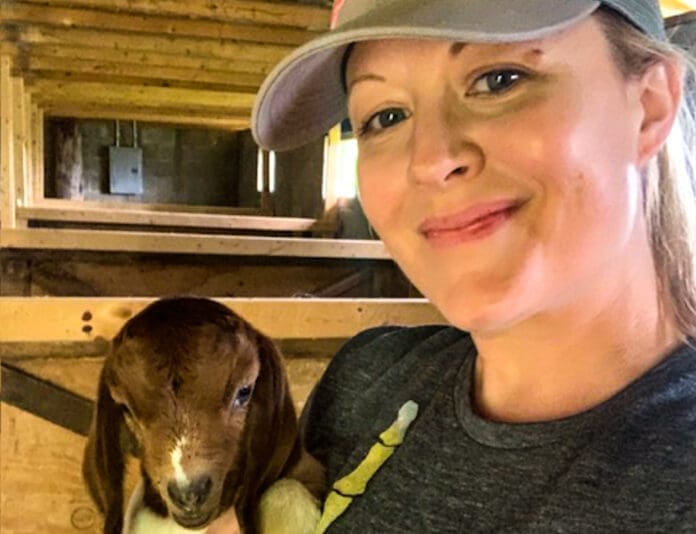
His name was Keith Gordon Ham, he was a criminal of many kinds, and, ultimately, he’s the reason why Marshall County native Tatia Rose landed on a Peacock documentary titled, “KRISHNAS – Gurus. Karma. Murder.”
Rose’s father, Richard, had acreage where he wanted something of a non-dogmatic ashram as a place with a few folks sharing new ideas without mandates, and that’s what Ham promised he would program. What soon followed, though, was the rapid rise and tragic fall of the Hare Krishna movement in Limestone, W.Va.
The three-part series debuted on Halloween, and Rose explains how Ham framed his intentions. But that was it, and while that’s really all the interview was expected to involve, it sure seemed a real shame the writers and producers didn’t ask her about the Nashville Music Academy, the Rose Music Group, or about Lacie Lee Farms, an all-female goat and crop operation along McCreary’s Ridge.
That’s where her stories are.
The academy teaches talent and the group gets the great ones hired in her adopted city of Nashville, once only known as the home of country music but now a town with one of America’s most diverse economies. “Music City” is much more than rows of honky tonks these days, and the cost of living is exploding in reaction to an impressive surge in population.
But it’s her hometown heart that always stays on her father’s farm, and there’s a tale worth telling there, too. See, Rose returns to her Limestone property pretty often, and sometimes only because she’s missing the windy hiss of those rolling hills.
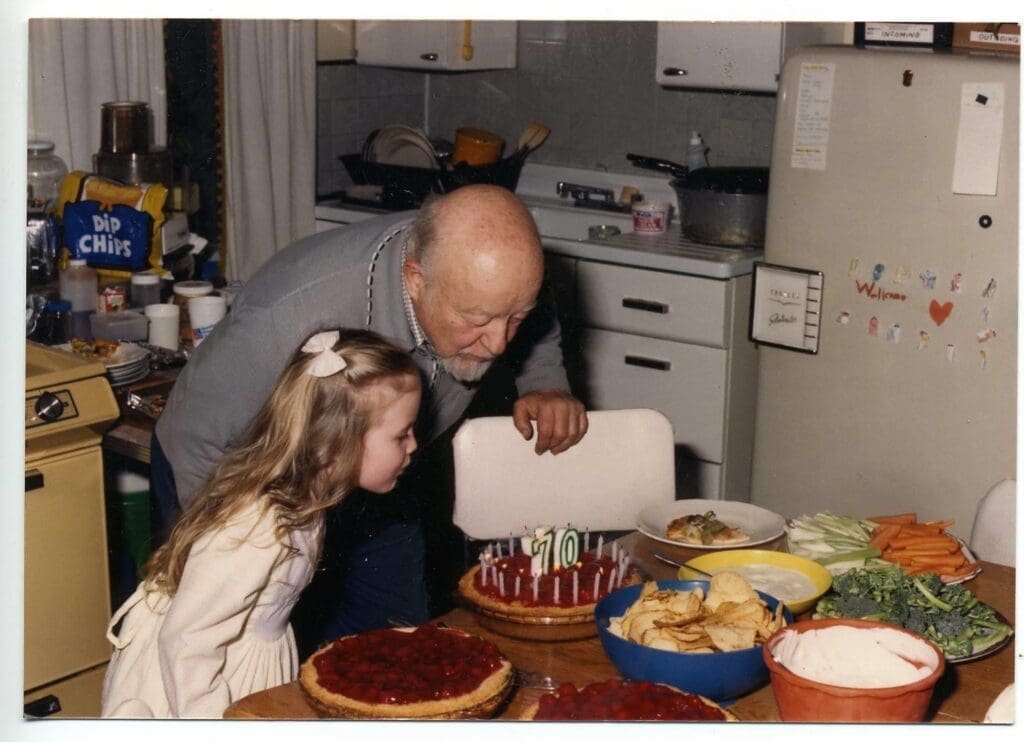
Does your family regret leasing property to the Hare Krishnas back in the late 1960s?
It haunted my dad.
It’s important to note that the people who signed the lease did not identify themselves as Krishna. He had a disdain for dogmatic thinking in the form of religious conformity, and I believe that would’ve ended the deal had he known.
When he learned what Keith Hamm was doing to the children out there, he alerted local authorities. I know of at least one woman from the community who approached my father for help. He took on the mantle of an adversary to the Swami, I’m sure in part, to try to prevent further damage from being done.
Did you know residents of New Vrindaban?
I know several people up at the palace. Some who have been there a long time and some who are new. They are my neighbors at the farm, and we respect each other in that capacity.
In recent conversations with community members about the documentary, we are in agreement that what happened was a horrible tragedy and that the victims should be centered in the conversation, no matter how uncomfortable that conversation is.
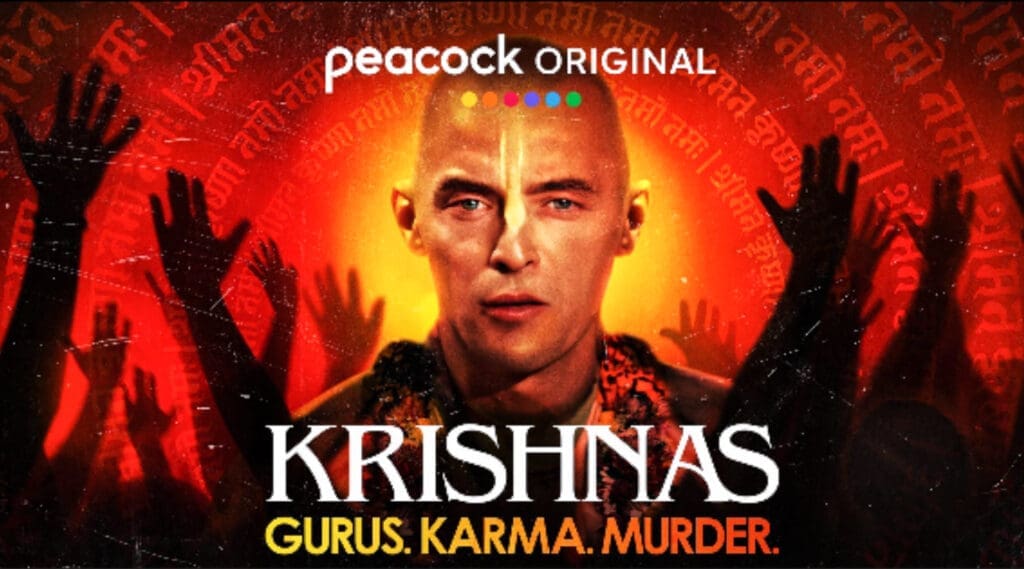
Was the documentary experience a good one or a bad one?
The documentary experience was unique. The things that happened out there were awful, so there’s no good feeling one can have while recalling those events. The one thing I didn’t expect was how I felt when I saw my dad in the documentary. The footage was from our house in McMechen and it brought back a lot of memories.
The documentary crew itself was great. They were professional and thoughtful.
Nashville is the new “IN CITY.” How do Nashville residents feel about that fact?
Ha! Nashville is indeed the IN city. Those who can afford to live here, love the boom. It’s been hard for a lot of people to keep up with the rising cost of living though. We have roughly 80+ people who move here a day. Millions of tourists every year.
Some Nashvillians feel the needs of the tourists are placed at a premium above their needs. The recent debate over the taxpayer funding for the new Titans stadium is a good example of that.
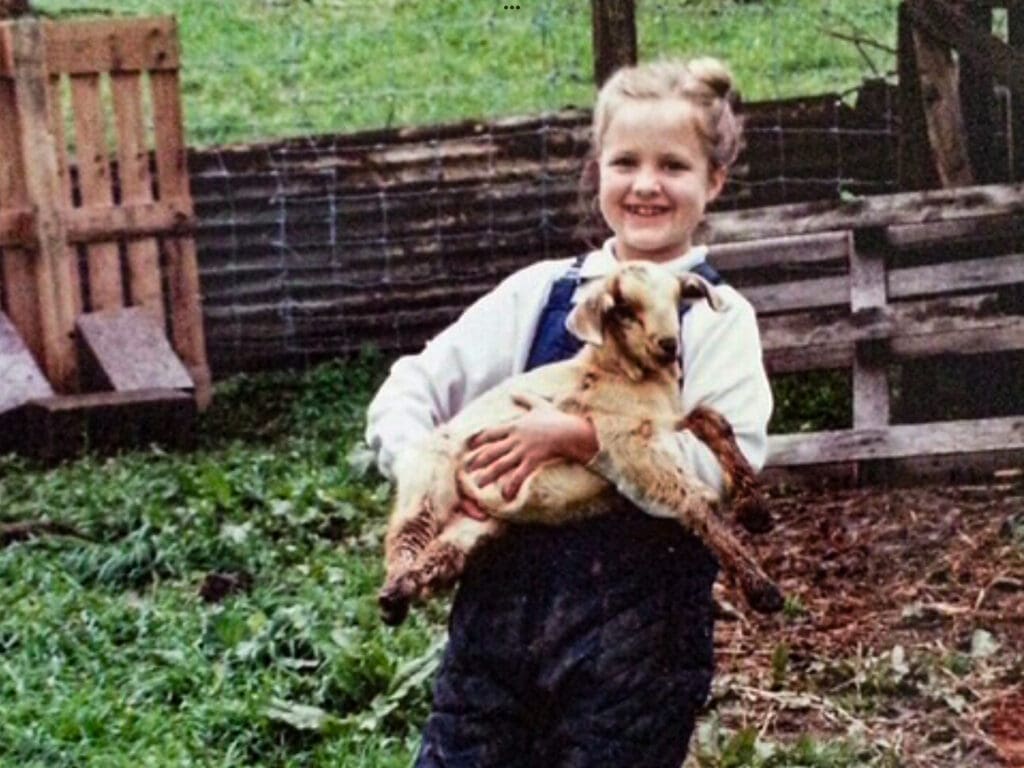
What is your favorite thing to do when you return to the family farm?
When I’m at the farm I’m with the goats, of course! My dad kept goats out there and I really wanted it to be a working farm again. We operate as Lacie Lee Farms, which is an homage to my friend who passed from cancer while she was living out at the farm.
There is also the requisite stop at DiCarlo’s or Coleman’s Fish. I ran a music school for a couple years (2011- 2013) down on Market and I love that area.
P.S. On another note, a lot of people have been asking where they can purchase my dad’s books. If that’s of interest, they can be found at: richardroseteachings.org
